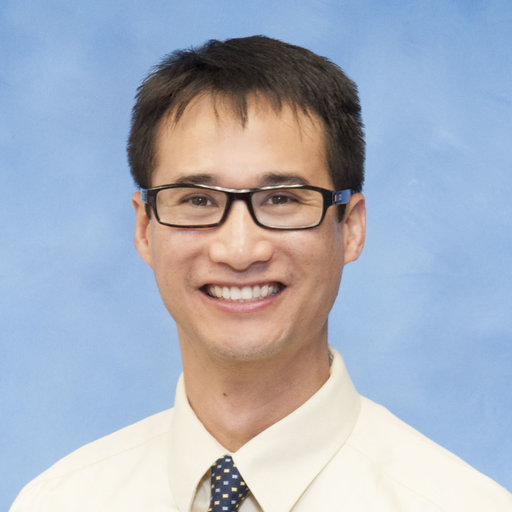Louis Dang, MD, PhD
|
Interests |
Research Interests:
Genetic mechanisms of epileptogenesis, Molecular mechanisms of brain development, Novel therapies for severe genetic epilepsies Clinical interests: Severe childhood genetic epilepsies, Dravet Syndrome, Epilepsy surgery |
Credentials |
Undergraduate
|

